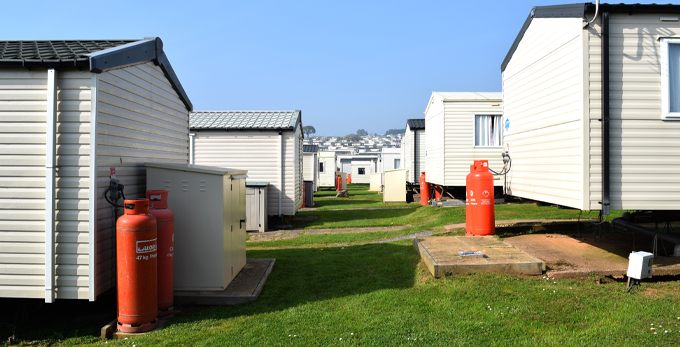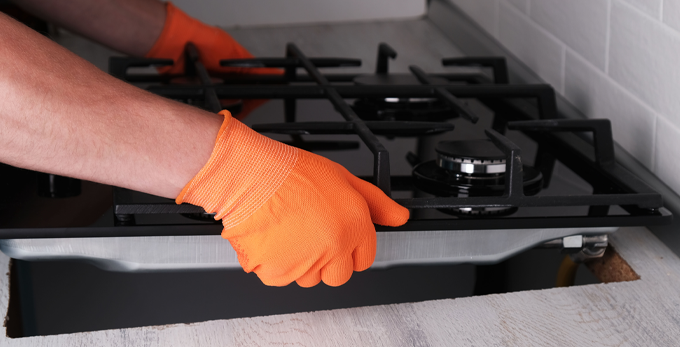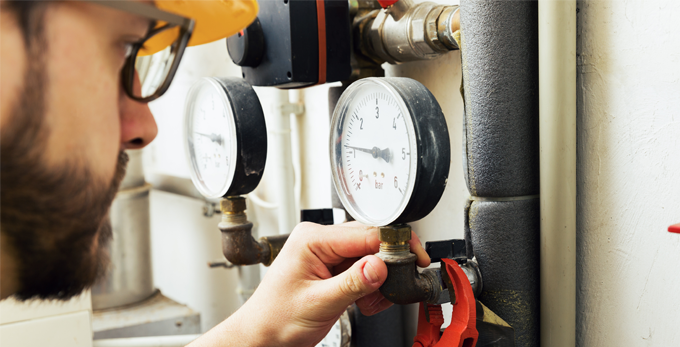Prices for our gas training and assessments are calculated based on work areas selected. Please call us to discuss your particular needs.
Course outline
Work Areas:
CCLP1 - Core domestic gas safety assessment criteria - LPG
CoNGLP1 - LPG Changeover domestic natural gas to LPG
PD - Permanent Dwellings
RPH - Residential Park Home
LAV - Leisure Accommodation Vehicles
B - Boats
CMC - Commercial Mobile cCatering
LPG Specific Appliances:
HTRLP2 - Install, exchange, service, repair, breakdown and commission closed flue gas fires – LPG
HTRLP3 - Install, exchange, service, repair, breakdown and commission caravan space heaters - LPG
REFLP2 - Install, exchange, service, repair, breakdown and commission caravan gas refrigerators – LPG
WATLP2 - Install, exchange, service, repair, breakdown and commission caravan gas water heaters - LPG


Who should attend?
This course is suitable for engineers who have the necessary qualifications to be admitted onto the ACS Scheme. Run by the Strategic Management Board for the industry, successful completion of this course will enable an engineer to register with Gas Safe.
Engineers are classified into 3 categories:
- Category 1 – Experienced practicing gas fitting operative
- Category 2 – Applicant with relevant mechanical engineering/fitting qualifications/experience
- Category 3 – New entrant without relevant qualifications/experience
Learning outcomes
Core elements
- Gas safety regulations, Building Regulations, British Standards and other related legislation
- Unsafe situations and emergency actions
- Characteristics of LPG cylinder location, safety and sizing
- Operation and positioning of emergency isolation, flow control and valves for cylinders
- Supply pressures
- Gas pipework (including sizing, installation, defects and faults)
- Tightness testing and purging (PD, LAV and RPH)
- Flues and ventilation
- Combustion
- Combustion performance analysis (flue gas testing)
- Appliance controls
Appliances
- Gas safety regulations, Building Regulations, British Standards and other related legislation
- installation
- Commissioning and fault finding
- Servicing procedures
- Unsafe situations
- Appliance controls


Additional information
On the day of training you will need to bring with you:
- 2x passport sized photographs
- Original copies of expired/expiring ACS qualifications
- Note taking material (recording devices not allowed)
- A calculator (not part of a smart phone application) which we can provide you with on the day
We will also provide a copy of the NICEIC LPG On-site Guide for use throughout the training.
Note: Training is not a pre-requisite to assessment
